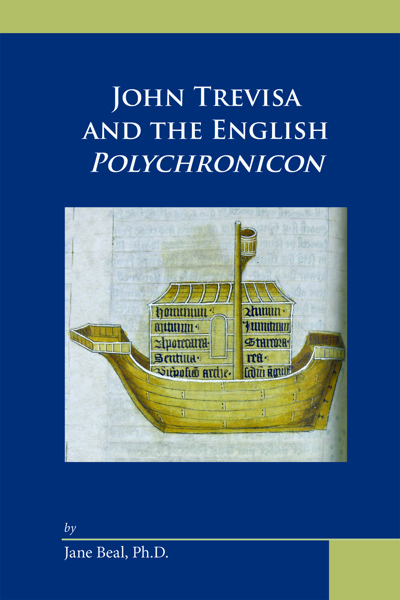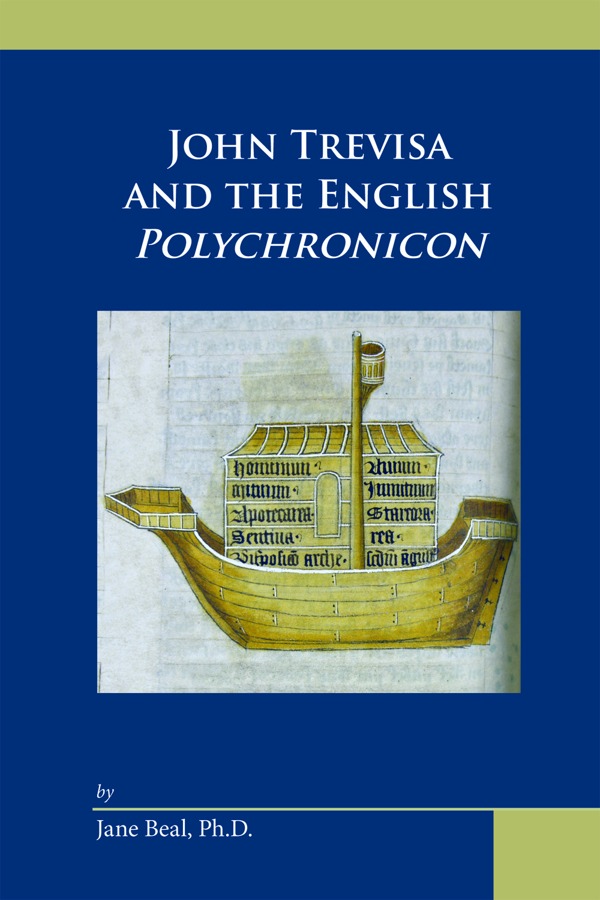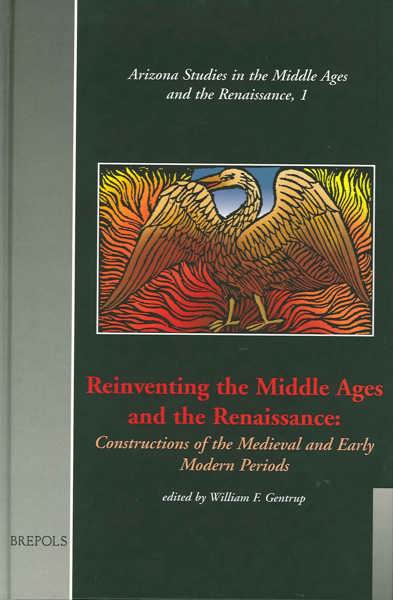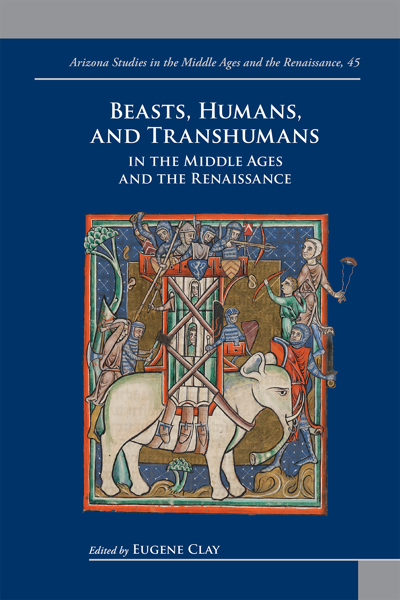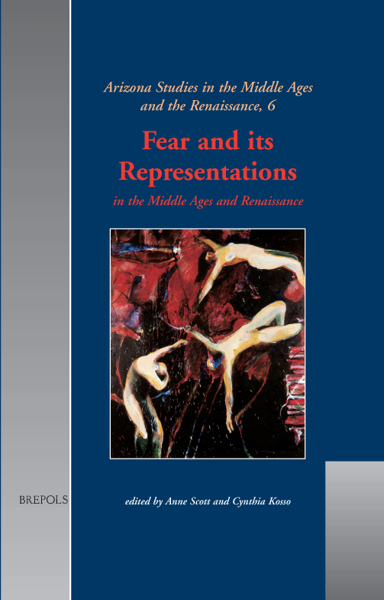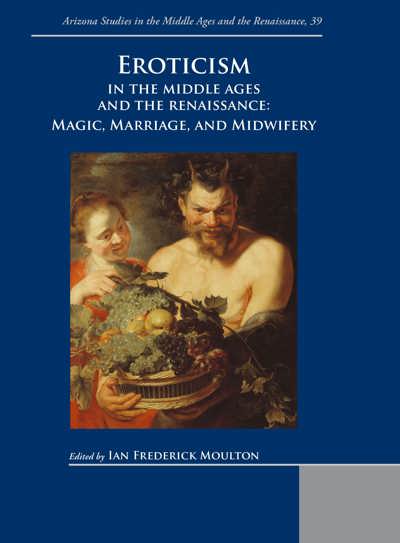
John Trevisa and the English Polychronicon
Jane Beal
- Pages: 172 p.
- Size:152 x 229 mm
- Language(s):English
- Publication Year:2013
- € 70,00 EXCL. VAT RETAIL PRICE
- ISBN: 978-2-503-54665-0
- Hardback
- Available
A study of John Trevisa's rhetorical arguments for the value, necessity, and authority of translation in his English Polychronicon.
In this new academic monograph, Jane Beal examines the rhetorical strategies John Trevisa used to establish his authority and justify his translation of Ranulf Higden's Latin Polychronicon into English. She pays particular attention to the translator's use of paratextual material, which includes two prefaces -"A Dialogue between the Lord in the Clerk on Translation" - and a prefatory letter of dedication to Trevisa's patron, Lord Thomas Berkeley - and numerous intertextual notes.
By considering the reception history of key manuscripts and later printed editions of the English Polychronicon, Beal also demonstrates the wider significance of Trevisa's translation. While the Constitutions of Arundel in 1409 denied English readers a complete Bible in English, Trevisa's translation of the universal history given in the Polychronicon provided English readers with fundamental and accessible biblical paraphrases. In addition to shedding new light on Trevisa's remarkable translation, this book will cause scholars of medieval literature, history, and theology to think differently about the impact of translation on late-medieval culture.
TABLE OF CONTENTS - John Trevisa and the English Polychronicon
· Preface
· Introduction - Authority and Translation in Late Medieval England
· Ch 1 John Trevisa: Life, Works, Historical Contexts
· Ch 2 Translating History: The Tower of Babel, Tongues of Fire, and the Tasks of the Translator
· Ch 3 Translating Tradition: Trevisa’s Canon of Christian Translators and Translations
· Ch 4 Translating Truth: Vernacular Preaching, English Bibles, and Trevisa’s Audience
· Ch 5 Translating Authority: The Philosopher and the Saint
· Ch 6 Translating Culture: Manuscripts, Printed Editions, and Early Modern Materia
· Conclusion – The Purpose of John Trevisa’s Rhetorical Strategies
· Works Cited
